





5 main factors of development of neurosis in the child
Neurosis is called pathology of a nervous system at which deviations in functioning of the highest nervous processes are observed. Most often – owing to yet not strengthened mentality – children are subject to neurosises. The unhealthy, hostile atmosphere in collective, a family, the strong and sharp shock, and also a set of other factors which negatively influence the little person who did not learn to overcome stresses yet can become premises to emergence of such disturbances.
How to define existence of neurosis at the child? At children's age fears (fear of darkness, animals, strangers), hysterics, sleep disorders, including a lunacy, enuresis, stutter, nervous tics (twitching of eyes, frequent blinkings, the repeating movements), a capriciousness, irritability, tearfulness are considered as widespread symptoms of mental disorders. Often parents owing to employment do not notice neurosis symptoms, or do not give to disorder of due consideration, apart from his disease. Really, nervoza in most cases have reversible character, but only if are adjusted by parents or the psychotherapist. If not to help the child with his overcoming, the neurotic state can be reflected on physical health (in the form of problems of a metabolism, cardiovascular, vegetative system, etc.), and also to become the reason of negative changes of the personality.
Let's consider 5 major factors which can start the mechanism of formation of neurosis at the child.
1. Lack of a day regimen
Chaos and unpredictability are considered as the main enemies of health of the child – physical and mental. Lack of the mode neither more nor less – a stress source for yet not strengthened mentality of the child, and this statement more than fairly and concerning teenagers. Late withdrawal to a dream along with early rise, lack of a daily routine serve as the reason of increased fatigue, slow recovery of the child after loadings, so and an acrimony, instability of mentality. It occurs because many nervous processes of the child are still unstable, and cells of a cerebral cortex easily of an istoshchima. Constant lack of the mode of activity and the rest corresponding to a maturity of its mentality (long occupations, games, entertainments, etc.) is followed by complex work of processes in a brain, so, big wasting of nervous energy which even in the absence of other adverse factors can start the mechanism of formation of neurosis.
At an accurate daily routine the organism is independently adjusted on the forthcoming activity which is carried out easily, effectively and does not cause a mentality overstrain.
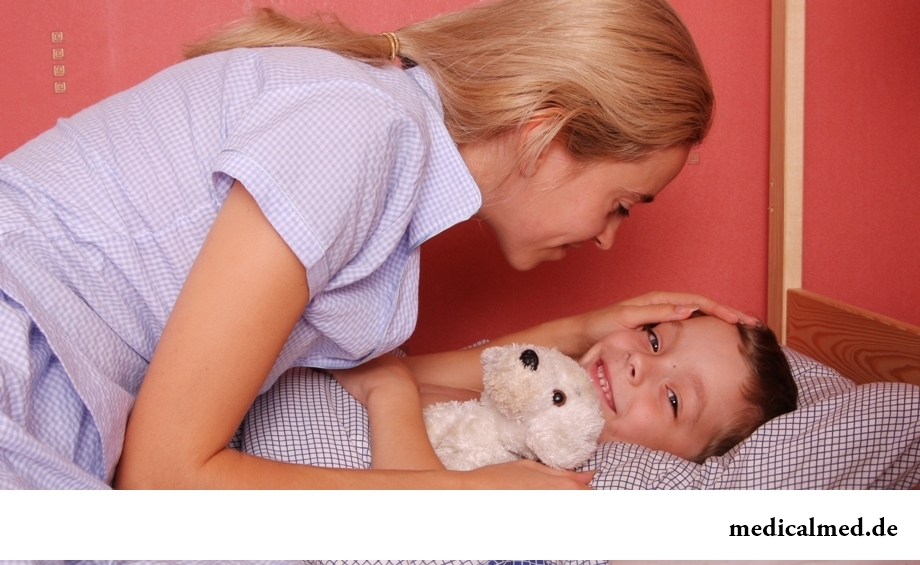
2. Change of a usual way of life
Sharp change of a situation: tenor of life (with measured on active), change of children's collective (school, a garden), residences, changes in a family (the birth of the brother or sister, appearance of the stepmother or stepfather) can also become a starting point for development of nervous disturbances in the child. Most often neurosis forms as a result of a combination of several factors – for example, moving and change of school, moving and appearance of the new member in a family, etc. The children from dysfunctional families who are not getting the help and supports of seniors are most predisposed to development of neurotic frustration in these situations.

3. Psychoinjuries
Psychoinjuries are understood as situations in the child's lives leaving a strong negative mark on its mentality. The fire, natural disasters, a divorce of parents, accident, strong fears and other critical situations which can be transformed further to phobias, complexes, attacks of the panic attacks and other frustration can concern to them. Correction of heavy psychoinjuries in order to avoid undesirable effects requires the help of the psychotherapist.
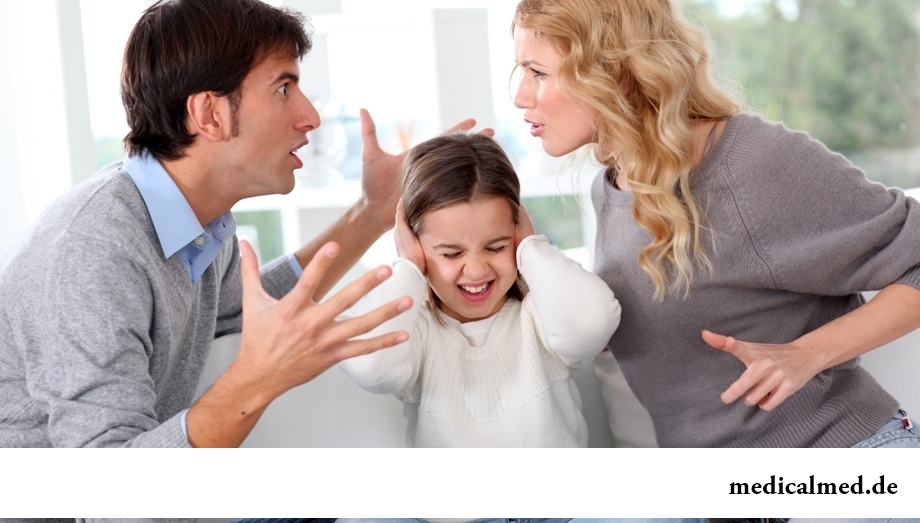
4. Wrong model of education
The wrong position of parents in education – a common cause of neurotic reactions of the child that can lead to problems already the adult. According to psychologists, the most negative models of education for children's mentality are:
- The rejection model, that is demonstration to the child that his emergence created additional difficulties that wanted the boy, and was born the girl, etc.;
- Hyper guardianship model – excessive care, prohibition to the child to make independent acts therefore before any business that feels fears, doubts, fears;
- Authoritative model of education. Unwillingness of parents to consider opinion of the child, suppression, humiliation, physical punishments;
- Permissiveness model. Lack of standards of behavior and an order in a family, control of activity of the child therefore that does not feel a difference between "well" and "badly" and is disoriented in space.
Besides, negatively the mentality of the child is affected by various approaches in education of parents, for example, when the father prefers to bring up the child by authoritative methods, and mother applies the principles of permissiveness. Excessive cruelty, roughness, quarrels, the conflicts in a family also become a heavy load for unripe mentality of the child, creating predisposition to emergence of neurosises and the subsequent disturbances.
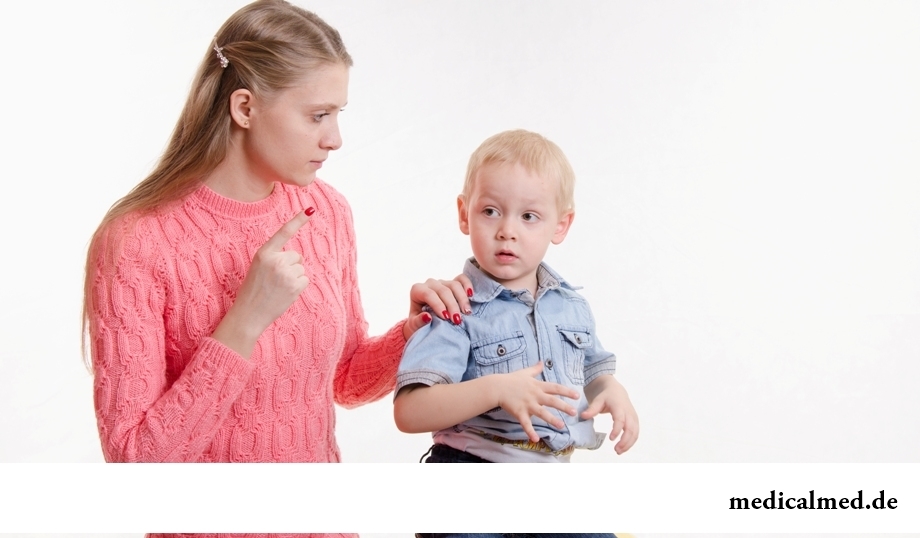
5. Features of character of the child
The fact that the education methods acceptable for one child are absolutely contraindicated to another – a fact in evidence. So, bark of a dog for one will become just sound irritant, and for another – will start the mechanism of formation of neurosis when each subsequent meeting with a dog only aggravates negative reaction. It is considered that children with melancholic type of temperament – sensitive, vulnerable, sensitive, needing special attention and care are most subject to neurosises. For such children strict methods of education and the more so physical punishments are contraindicated and fraught with drawing a deep loss to mentality. However, physical punishments are contraindicated to all.
Also children with the expressed leadership skills are not less vulnerable. Children with own opinion, an independent position on each question hard react also to parent dictatorship, and to hyper guardianship. Restriction of independence in any manifestations at such children is capable to become the fertile field for formation of neurotic reactions.
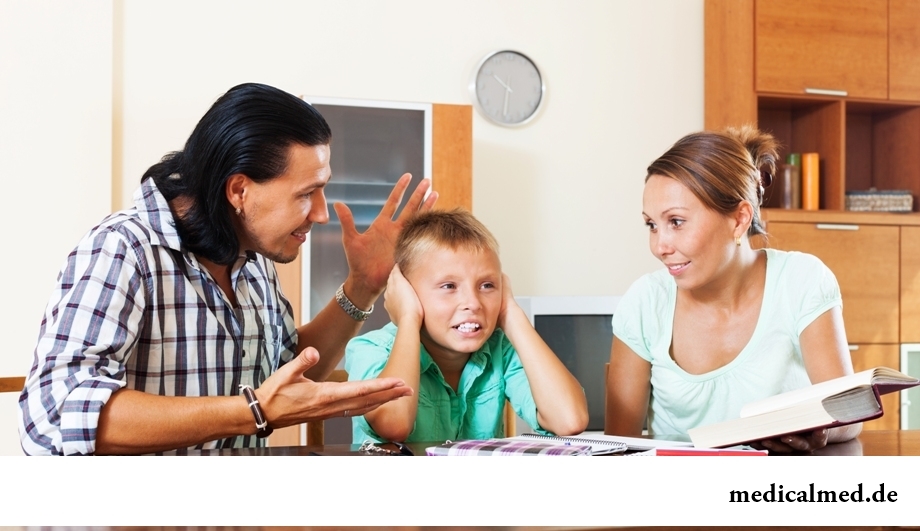
Besides, difficult transfer the mental overloads weakened, often ill children at whom as a result of education the feeling of helplessness often forms.
For the prevention of emergence of nervoz in children in the presence of any provocative situations (and completely in life they cannot be avoided) psychologists advise parents to create the benevolent atmosphere in a family promoting formation of healthy and strong mentality of the child. It is also important not to neglect measures of the general strengthening of health – to observe a day regimen, to properly eat, spend time in the fresh air, to be engaged in not wearisome types of physical activity.
Average life expectancy of lefthanders is less, than right-handed persons.

The concept "gluten" (differently, a gluten) combines group of the proteins which are a part of rye, barley and wheat. For most of people упот...
Section: Articles about health
Visit of doctors – business not the most pleasant, and many people do not hurry to undergo necessary planned inspections. Such behavior is extremely thoughtless and improvident. Our health is necessary not only to us: wellbeing of darlings, children, grandsons and престар...
Section: Articles about health
Water with a lemon - idle time in preparation drink which supporters of a healthy lifestyle already managed to appreciate. Used in a warm look and on an empty stomach, it is one of the most useful prophylactics allowing to prevent tens of diseases and just to raise an organism tone. Especially effectively to use warm water with lemon juice after a serious illness, during a season of the colds, and also to children, old men and pregnant women which do not have contraindications...
Section: Articles about health
Any of us is not insured from a heavy illness of the loved one. Happens and so that someone from family members becomes lying бо...
Section: Articles about health
No, probably, the person who would not have cold. Cold, cough, a headache – these symptoms are known to everyone. The peak of catarrhal diseases is the share of fall. SARS already came to schools and kindergartens, flu slowly makes the way to the cities, in a word, з...
Section: Articles about health
What will only not be thought up by persons interested to have a beautiful figure. Here the last innovation – for weight loss needs to be eaten greasy food. Let's understand whether there is at a fatty diet common sense....
Section: Slideshow
Tea is loved and use almost everything. This drink has tonic properties, contains the tannins capable podavlit...
Section: Articles about health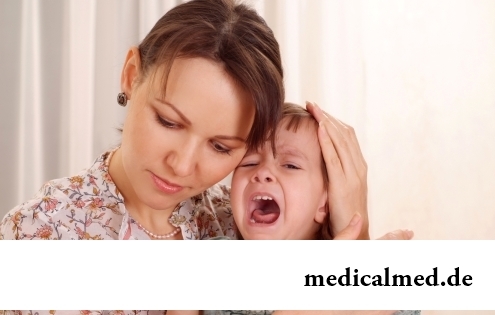
Many parents of children at the age of 2-4 years face excessively whimsical behavior of the child. The kid exhausts constant crying and whims not only the parents, but also himself. In what the reasons of children's whims. And how to fight with them?...
Section: Slideshow
For most of the working people the problem of having a snack is particularly acute enough. Sooner or later there is a question: what can be eaten quickly between a breakfast and a lunch or a lunch and leaving from service so that to receive necessary power feed, but not to overload an organism with harmful components or excess calories? We bring to your attention the list of products which quite conform to these requirements....
Section: Articles about health
On health of the person physicians know about salutary action of animals long ago. About 7 thousand years ago great Hippocrates рекоменд...
Section: Articles about health
Energy saving lamps are one of the most popular products of innovative technologies, and there is no wonder: they much more economic also are more long-lasting than usual filament lamps. At the same time there are fears that energy saving bulbs can become the reasons...
Section: Articles about health
For the city dweller the fitness is the most convenient sport. It is enough to acquire the subscription to the gym to get access to various apparatuses and an opportunity to train under the leadership of the experienced consultant. Many consider fitness the best way of maintenance of physical shape and receiving dynamic loads which the people occupied preferential with brainwork so need. Nevertheless, representations of most of consumers of similar services about специф...
Section: Articles about health
What woman does not dream of a beautiful and thick hair? So far physicians developed difficult schemes on hair transplant, in the bet industry...
Section: Articles about health
Cystitis, or inflammation of a mucous membrane of a bladder, this very widespread disease which, owing to some features of a structure of bodies of urinogenital system, women have approximately four times more often than men. In the main risk group...
Section: Articles about health
Statistically, in Russia about 34% of citizens smoke. Most of consumers of tobacco has problems with health sooner or later. Not only smokers, but also their relatives suffer. Besides, cigarettes are expensive, and need of their acquisition goes a heavy burden on the budget of thousands of Russian families. Many people dream to refuse harmful tendency, but everyone manages to make it not: nicotine addiction is affectionate and to get rid of it not easy....
Section: Articles about health
Not everyone can brag of the shining Hollywood smile. Even at the person who is regularly visiting the stomatologist and watching з...
Section: Articles about health
Bulimia and anorexia, are heavy deviations of a feeding behavior, become a cause of death of patients much more often than all other nervous breakdowns combined. In 60% of cases two illnesses accompany each other: patients feel horror before danger on...
Section: Articles about health
The dietology, as well as other sciences, does not stand still. Food stuffs are exposed to comprehensive study, and scientists obtain new information on their properties and influence on a human body. Unfortunately, this reasonable and natural process gives unpleasant side effect from time to time: some types of food periodically declare "harmful" or even "deadly" without the bases, sufficient on that....
Section: Articles about health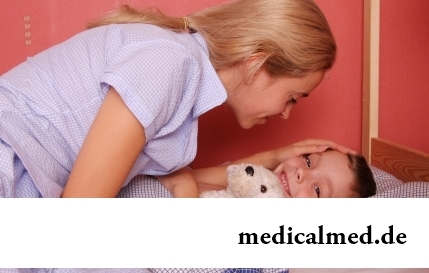
Neurosis is called pathology of a nervous system at which deviations in functioning of the highest nervous processes are observed. Nye...
Section: Articles about health
Each person has easy indispositions which he transfers "standing", trying not to ask for medical care. Arguments at the same time are adduced same: "it is a trifle, itself will pass", "I have too many important issues", "there are no wish to spend time on...
Section: Articles about health
Tick-borne encephalitis – one of the most dangerous viral diseases which causative agents transfer and is given to people by ixodic mites. These are the small blood-sicking insects living in the considerable territory of our country. The person bitten by a tick can catch also erlikhiozy, bartonnelezy, babeziozy, mycoplasmosis and Lyme's disease. As well as encephalitis, these illnesses affect the central nervous system, and as specific antiviral therapy does not exist, the forecast very to a neuta...
Section: Articles about health
We present to yours the TOP of the medicamentous means exerting the stimulating impact on a potentiality, i.e. on ability of a muzhcha...
Section: Articles about health
The unpleasant feelings connected with spring breakdown are familiar almost to each of us. Often happens that in March-April on the person weakness leans: he suffers from drowsiness, complains of bad mood, loss of interest in life and failures in affairs....
Section: Articles about health
There is a lot of fans of beer in our country. Statistically, on each average Russian (including women and children) in a year about 60 liters of this drink are consumed. It is not a lot of, as in the Czech Republic or Germany, but figure all the same impressive. There is nothing to rejoice here: despite assurances of producers that beer is absolutely harmless, effects of its active consumption cannot be considered positive in any way. Here only part of that negative impact, which popular нап...
Section: Articles about health
Cold, puffiness of a nose, itch, the watering eyes - characteristic symptoms of the allergic rhinitis resulting from hit and...
Section: Articles about health
For the person who daily since morning gathers for work it is very important to wake up vigorous and ready by day of work. Actually, each of us experiences difficulties with this, at first sight, simple business from time to time. On a condition of an organism after ночн...
Section: Articles about health
Smack in a mouth can arise in the natural way – as a result of lack of morning hygiene or reception of the corresponding food. However in certain cases its existence is a sign of certain pathologies, and allows to reveal an illness at an early stage. Depending on character of aftertaste – acid, salty, bitter, sweet – distinguish also diseases which accompany it....
Section: Articles about health
